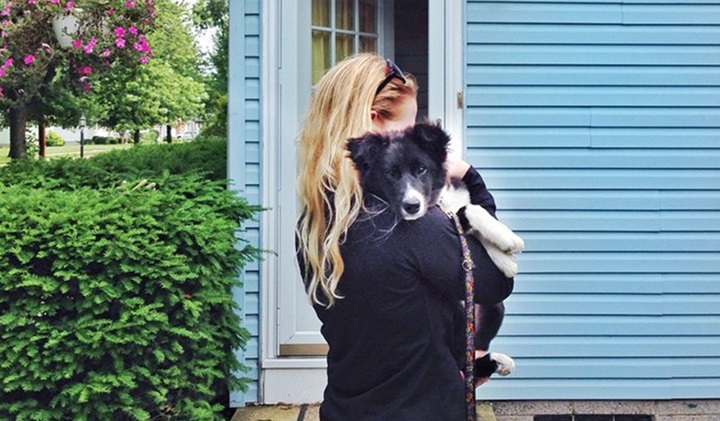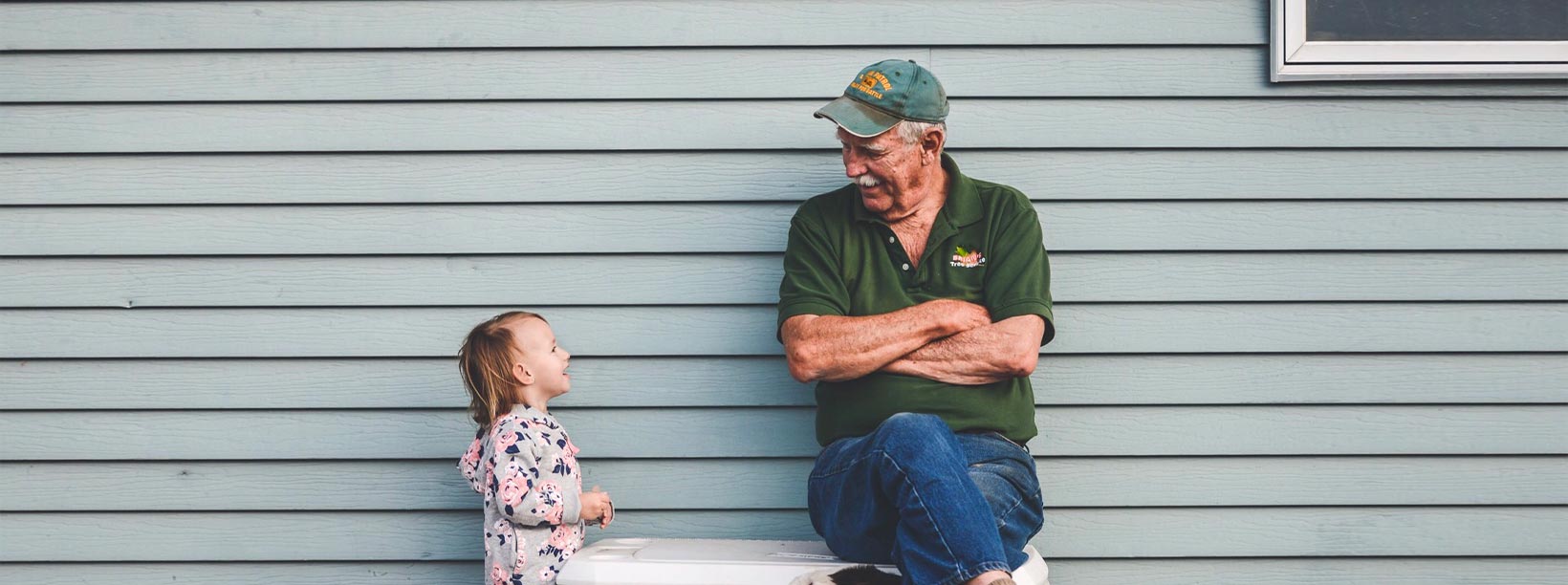10 expenses to keep in mind when buying a home
Some costs are easy to overlook when buying a home! Here are 10 key expenses you don't want to underestimate.
Wether it's to have your home just how you like it, build equity for retirement, or live with two dogs and three cats, there are plenty of reasons to leave the rental lifestyle—and the July 1 chaos that goes with it. Becoming a homeowner is the goal of 7 out of 10 Quebecers. While most people focus on the down payment, there are a number of other expenses that can be easily overlooked when you're buying a home.
Here's a roundup of 10 key expenses—amounting to about two to three percent of the value of your home—that you don't want to underestimate.
01A home inspection, to avoid any nasty surprises
Before you sign the deed of sale on a house or condo, you need to get an inspection. A home inspector can explain the strengths and weaknesses of the property and point out any renovations or additional costs on the horizon, protecting you against nasty surprises.
Cost: Varies depending on the size of your home and the year it was built. Plan to spend $400 to $600 plus taxes for a home or condo inspection. Inspection fees for buildings will be more expensive.
02A home appraisal, to pay the right price
Do you really need to pay for an appraisal? If you want to have a better idea of the property's value, then yes! A real estate appraiser can determine the market value of the home you want to buy, factoring in the materials used, the year it was built, the location, maintenance and renovations, and so forth. The bank may also require an appraisal as a condition of the mortgage.
Cost: Varies depending on the property and location. Budget between $400 and $900 for a house or condo. For a multifamily building, appraisals can cost over $1,000. Banks normally absorb the cost of the appraisal when they require it as a condition of financing.
03 A notary, to close the sale
For any real estate transaction, you need to hire a notary. No notary, no home. It’s as simple as that! Their job is to protect you throughout the purchasing process, ensuring, among other things, that there are no issues with your property titles. The notary also prepares numerous documents, including the deed of sale, the mortgage deed, and the application for registering the property with the Quebec land register.
Cost: About $1,250. However, there are several factors that can affect these fees, such as the type of property you’re buying and where it’s located.
04The "welcome tax," to welcome you to your new home
Also known as the land transfer tax, the welcome tax is collected by the municipality where your new home is located. This one-time payment is made after the sale is closed by the notary.
Cost: The welcome tax is calculated by price brackets that are added together, based on the purchase price of your property.
In all municipalities except Montréal:
- 0.5% on the first $52,800 of your home purchase price
- 1.0% on the portion from $52,801 to $264,000
- 1.5% on any amount above $264,000
Note that some cities impose up to a 3% tax on any amount over $500,000.
In Montréal:
- 0.5% on the first $52,800
- 1.0% on the portion from $52,801 to $264,000
- 1.5% on the portion from $264,001 to $527,900
- 2.0% on the portion from $527,901 to $1,055,800
- 2.5% on the portion from $1,055,801 to $2,041,900
- 3.0% on any amount over $2,041,900
05Property tax adjustment, to contribute to your municipality
As a homeowner, you must pay your fair share of municipal and school taxes and utilities each year. That's right, we're not done with taxes just yet! At the time of sale, the notary will calculate your share for the current year based on the date on which you bought your home.
If the sale is closed on July 1, in the middle of the year, you and the seller will each pay half the taxes. If the seller has already paid the taxes in full for the year, you will have to reimburse your share through the notary. This amount will be prorated based on how many days the seller has owned the property that year, calculated separately for school and municipal taxes.
Cost: Varies depending on the municipality. For a $300,000 property in Repentigny, school taxes are about $300 and municipal taxes are around $1,800.

06 Strata fees, for a well-maintained building
Sometimes called condo fees or common expenses, this expense applies only to condos and is used to cover the costs associated with the maintenance of your building. Strata fees can include expenses such as heating and plumbing, as long as they are shared.
It's worth noting that the coming into force of Bill 16, which now obliges co-ownerships to create a contingency fund and to conduct a contingency fund study every five years in order to establish a maintenance logbook that will identify the work to be done. This will allow you to know if you need to anticipate an increase in your co-ownership fees to replenish the contingency fund and you will also be able to see the work done in the past and whether any work is to be expected.
Cost: Varies depending on the building and services provided. It's a good idea to compare fees with other buildings in the same sector that provide similar services.
07Sales taxes, to make life better in Quebec
Quebec's sales tax (QST) and the goods and services tax (GST) are applied to the sale price if it's a new home or if the property is owned by a company. However, there are different conditions for an exemption or partial refund, depending on the purchase price of the property.
Cost: Budget roughly 15 percent of the purchase price of your home to cover the total GST and QST.
08Mortgage insurance, to protect the borrower and the lender
When you buy a home, if your down payment is less than 20 percent of the purchase price, you need to get mortgage loan insurance. This cost may be avoided if you have a big enough down payment.
Cost: Varies depending on your situation, your professional status, your credit history, etc., as well as your down payment. The greater the gap between your mortgage and the value of your property, the higher the percentage of your mortgage loan insurance.Attention, this link will open a new tab.
09Moving, for a smooth transition
Moving to a new home always involves moving expenses, whether you hire professional movers or not.
Cost: If you rent a truck or hire movers, the price will vary depending on the season. For example, moving on July 1 is more expensive than moving on October 1. A moving company's rates will also vary depending on how many people are needed for the job and how long the move takes. Hourly rates generally range from $100 to $150 for two or three movers, including the truck. Plan on an average of three hours for your move.
In total, you'll want to budget between $500 and $1,000 if you're hiring a moving company and about $250 if you're renting a truck—and don't forget the pizza and beer for friends who lend a hand!
10Related expenses, so you feel right at home
It's no secret: a new home means spending money on renovations and decorations! From getting a lawnmower to buying new curtains, you could say that making yourself feel at home, for real, is priceless. This is especially true if you're moving away from an urban centre and need to buy a second car to commute a few more kilometres each day.
Cost: That depends on you—and the condition of your new home. You can also buy things secondhand when possible to save money and support the circular economy.
Despite these unavoidable expenses, some municipalities are trying to make homeownership more affordable by providing a variety of grants. For example, if you want to buy a new property in Montréal and you don't have any children, you could receive $5,000 in assistance. Families may be eligible for up to $15,000. You can also take advantage of the Home Buyers' Plan (HBP), which lets you withdraw up to $35,000 from your RRSP, without paying taxes or penalties. It’s a great way to keep a few extra bucks in your bank account.
Bonus! A break when it comes to repaying your HBP
If you use the HBP to buy your home, you don't have to start paying it back right away. In fact, your annual repayments don't start until the second year after you buy your home, and you have up to 15 years to repay the amounts withdrawn. For instance, if you bought your home in 2024 and withdrew $60,000 from your RRSP through the HBP, your first repayment wouldn’t be until 2029. That means you would have to repay a little over $4,000 a year for 15 years.
Long story short, before you buy your dream house, you'll need to do a little math—but now you're better equipped to do it!



